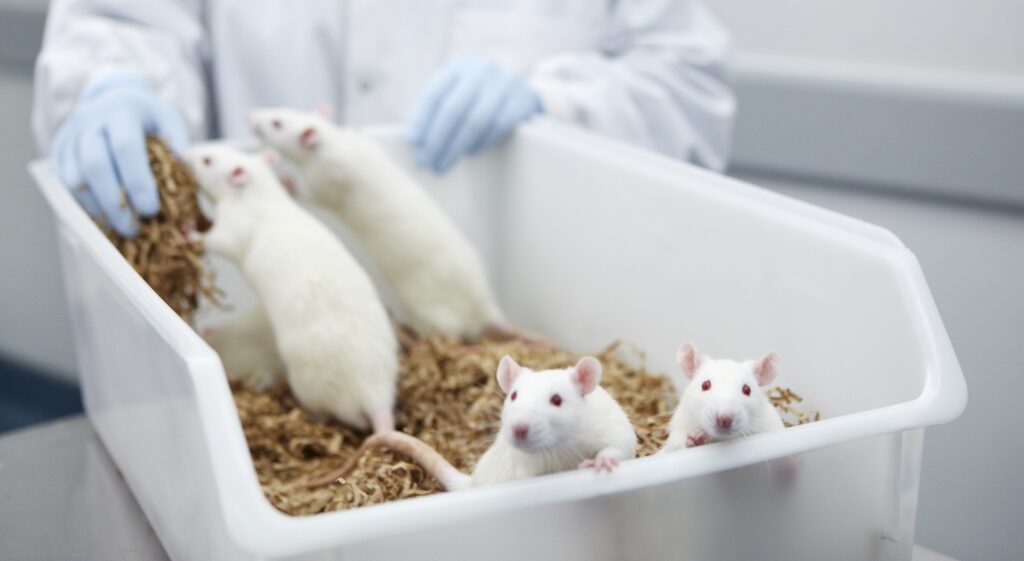Education in any domain is essential. It is what makes us capable of understanding things around us. It could range from academic learning to on job training to learning by observing. The crux lies in the fact that you are educating yourself.
The topic at hand deals in the ethics of animal testing. Animal testing is practiced for the purposes of devising new medicines as well as to gauge the safety of other similar products. In the process, animal cruelty ensues which is hailed as barbaric by some schools of thought whereas others argue in the favor of it.
Those in favor say that as long as animals are not hurt, the process is acceptable and ethical. This argument is further backed by the fact that there are certain benefits derived via animal skin, saliva, meat, and what not! The truth of the matter is that these cannot be neglected/ignored and thus the practice to completely halt testing procedures is not viable.
The school of thought against this phenomenon holds the moral ground on how causing pain to animals is unfair. Dissertation help can be availed online. Their argument further gains the momentum under the context that rarer the breed the higher the chances of finding cures to some major ills that have engulfed humanity; be it medicinal or external.

As a result, such species of animals are becoming extinct and fall into the endangered category. In addition, the tests are a mere gamble as there is no study or scientific proof that an ‘x’ experiment on a ‘y’ animal is bound to yield desired/expected results and/or benefits.
However, measures are undertaken to regulate animal testing and adherence to ethics in this regard can be understood in light of 3 aspects namely; decrement, sophistication, and substitution. We will see each in turn.
Decrement as the name implies, means decreasing the count of animals utilized for testing purposes and it can be achieved via enhancement of experimentation techniques, research, and subsequent data sharing.
Sophistication refers to the safeguarding of animals by employing less aggressive techniques for experimentation, ensure that an appropriate number of veterinarians are available on the premises to check for deteriorating health conditions in animals and the facility is conducive to their survival.
Substitution basically means experimenting and/or furthering research on cell cultures of the animal instead of experimenting on the whole animal. It also encompasses computer simulations, background checks on volunteers involved etc.
Integrating ethics into animal testing is doable and the practice is already underway.
